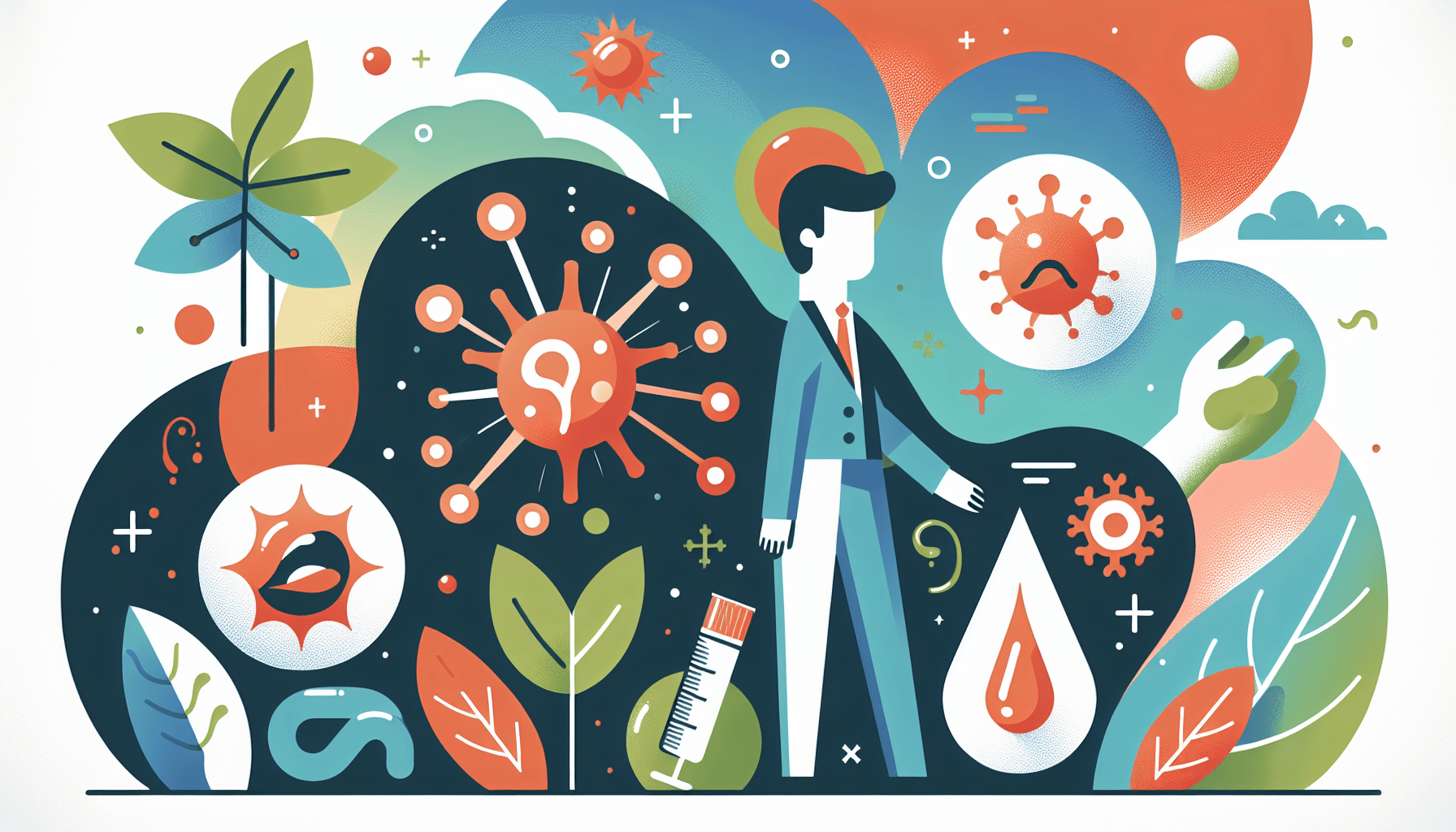Cold sores, also known as fever blisters or herpes simplex labialis, are small, painful blisters caused by the herpes simplex virus (HSV). Up to 90% of people worldwide have at least one form of HSV. While the first outbreak can be severe, especially in children, subsequent outbreaks are usually milder. In this article, we'll discuss the causes, symptoms, treatment options, and prevention tips for cold sores.
What Causes Cold Sores?
Cold sores are caused by the herpes simplex virus (HSV). There are two types of HSV: HSV-1 and HSV-2. Both types can cause cold sores and genital herpes, but HSV-1 is more commonly associated with cold sores, while HSV-2 is more often linked to genital herpes. The virus is spread through close contact with an infected person, such as kissing or sharing utensils, towels, or razors.
Cold Sore Symptoms
Cold sores typically appear on the lips and around the mouth, but they can also develop on the nose and cheeks. Symptoms usually occur in stages:
Tingling, burning, or itching sensation
Blisters form within 12-24 hours
The area becomes red, swollen, and painful
Blisters break open and release fluid (lasts 2-3 days)
A scab forms on the sore, which may crack or bleed
The scab falls off
Other symptoms may include red or swollen gums, swollen glands in the neck, fever, and muscle aches. First-time infections can also cause burning and pain inside the mouth, sore throat, pain when swallowing, headache, and upset stomach.
Treating Cold Sores
While there is no cure for cold sores, the blisters usually heal on their own within 1-2 weeks. Antiviral medications can speed up the healing process, especially when taken at the first sign of an outbreak. Treatment options include:
Topical creams (prescription or over-the-counter)
Oral antiviral medications (prescription)
Intravenous (IV) antiviral medications for severe cases
Home remedies that can provide relief include cold compresses, over-the-counter pain relievers, topical pain creams, alcohol-based treatments to dry out blisters, and lip balms or creams to maintain moisture.
Preventing Cold Sore Outbreaks
To reduce the risk of future cold sore outbreaks, follow these tips:
Get enough rest to maintain a strong immune system
Use lip balm with sunscreen (look for SPF on the label)
Talk to your doctor about daily antiviral medication if you experience frequent outbreaks
To prevent spreading the virus to others when you have cold sores, avoid kissing, sharing utensils or personal items, and engaging in oral sex. Remember that you can still spread the virus even if you don't have visible symptoms.
When to See a Doctor
Cold sores generally aren't serious, but complications can occur if the virus spreads to other parts of the body, such as the fingers (herpetic whitlow), genitals, other areas of the skin (eczema herpeticum), eyes (HSV keratitis), or brain and spinal cord (meningitis or encephalitis). If you have a weakened immune system or experience severe or frequent cold sore outbreaks, consult your doctor for guidance on managing your condition.



